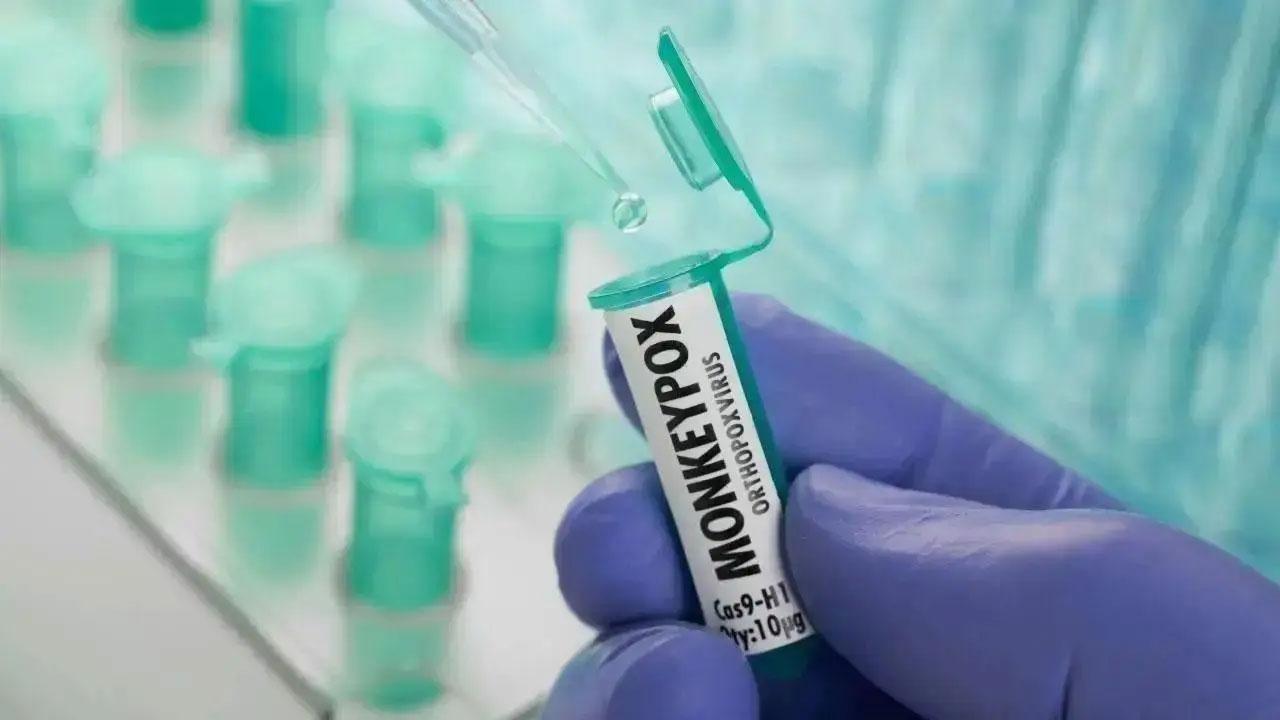Existing guidance, such as it is, too often lacks sufficient detail, fails to include different groups, and is contradictory, said the researchers from universities of Oxford in the UK, Bristol in Australia, and Liverpool School of Tropical Medicine, among others

Image for representational purpose only. Photo Courtesy: istock
While people are still dealing with the Covid-19 pandemic, the effects of monkeypox are being seen around the world. However, according to a new study, the dearth in high quality and updated clinical guidance on the latter disease may actually be hampering effective and safe treatment of the infection.
Existing guidance, such as it is, too often lacks sufficient detail, fails to include different groups, and is contradictory, said the researchers from universities of Oxford in the UK, Bristol in Australia, and Liverpool School of Tropical Medicine, among others.
They said that "the lack of clarity between guidelines creates uncertainty for clinicians treating patients with [monkeypox] which may impact patient care."
The "study highlights a need for a rigorous framework for producing guidelines ahead of epidemics and a recognised platform for rapidly reviewing and updating guidance during outbreaks, as new evidence emerges."
"Human [monkeypox] is providing a challenge even in high-resource settings with well-resourced healthcare systems. The lack of guidelines may especially impact clinics with limited previous experience in managing patients with [monkeypox]," the researchers wrote in the paper published in the open access journal BMJ Global Health.
The team searched six major research databases for relevant content published up to mid October 2021, plus the "grey literature" -- policy documents, newsletters, reports, for example, published up to May 2022 -- in several languages.
They found 14 relevant guidelines. Most were of low quality according to the Appraisal of Guidelines for Research and Evaluation II (AGREE) system, scoring an average of two out of a possible seven. And most lacked detail and covered only a narrow range of topics.
There was little provision for different risk groups: only five (36 per cent) provided any advice for children; and only 3 (21 per cent) provided advice for pregnant women or for people living with HIV.
Treatment guidance was mostly limited to advice on antivirals and wasn't consistent: seven guidelines advised cidofovir, four of which specified this only for severe infection; just four (29 per cent) advised tecovirimat, and one (seven per cent) brincidofovir.
More recent guidance, including from the World Health Organization, recommends the use of tecovirimat rather than cidofovir.
While cidofovir and brincidofovir are active against pox viruses in laboratory studies, there is little data on how well they treat pox viruses in people, added to which they are only authorised for use in certain countries, note the researchers.
None of the guidelines detailed optimal dose, timing or length of treatment. And only one guideline provided recommendations on supportive care and the treatment of complications.
All 14 guidelines recommended vaccination as post-exposure prophylaxis (PEP), but not all of them were up to date on the newer generation vaccines. And PEP guidance for different risk groups was limited and at times contradictory.
The researchers acknowledged that understanding of the monkeypox virus is still evolving, which may account for some of the variability in recommendations they found.
But "even with a limited evidence base, clinical management guidelines are important tools for guiding decision-making and to reduce risk of inappropriate treatments."
Given the recent global publicity surrounding monkeypox, this is an opportune moment to harness interest and investment in further research to make sure that everyone is given the best treatment, they said.
Also Read: Infected semen can host monkeypox virus DNA for weeks after recovery: Lancet
This story has been sourced from a third party syndicated feed, agencies. Mid-day accepts no responsibility or liability for its dependability, trustworthiness, reliability and data of the text. Mid-day management/mid-day.com reserves the sole right to alter, delete or remove (without notice) the content in its absolute discretion for any reason whatsoever
 Subscribe today by clicking the link and stay updated with the latest news!" Click here!
Subscribe today by clicking the link and stay updated with the latest news!" Click here!








